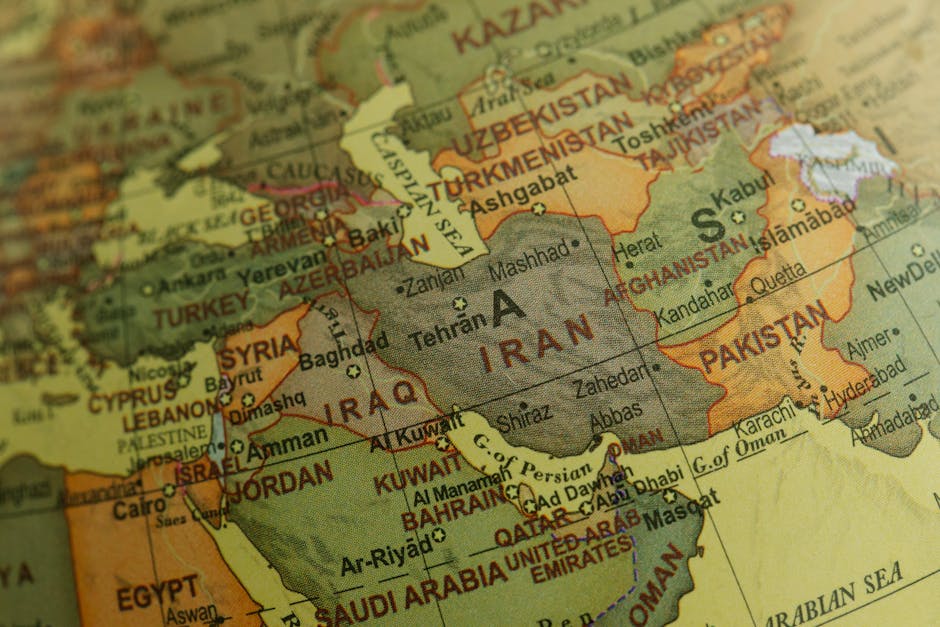In a significant step toward easing tensions along their shared border, Pakistan and Afghanistan have agreed to an immediate ceasefire, as announced by mediator Qatar on Tuesday. This breakthrough follows weeks of intense diplomatic efforts and a series of violent clashes that have strained relations between the neighboring nations.
The ceasefire agreement was reached during talks facilitated by Qatar in Doha. Representatives from both countries engaged in discussions to address longstanding grievances and prevent further escalation. The international community has welcomed the move, urging Pakistan and Afghanistan to resolve their differences through dialogue rather than conflict.
Background of the Tensions
Recent hostilities between Pakistan and Afghanistan stemmed from cross-border skirmishes, with both sides accusing each other of harboring militant groups and violating territorial sovereignty. Pakistan has alleged that the Afghan Taliban provides sanctuary to the Tehreek-e-Taliban Pakistan (TTP), a militant group responsible for attacks within Pakistan. Conversely, Afghanistan has accused Pakistan of supporting insurgent factions and conducting unauthorized military operations on its soil.
The situation escalated in recent weeks, with both sides reporting casualties among security forces and civilians. The violence threatened to destabilize the region, raising concerns about a potential full-blown conflict.
Qatar’s Role as Mediator
Qatar, a key player in regional diplomacy, stepped in to mediate the crisis. Known for its role in facilitating peace talks, including the U.S.-Taliban negotiations in 2021, Qatar’s involvement highlights its growing influence as a neutral mediator.
During the Doha talks, both sides agreed to prioritize de-escalation and establish mechanisms to address mutual concerns. The immediate ceasefire is seen as a confidence-building measure, paving the way for discussions on security, border management, and counterterrorism cooperation.
International Reactions
The ceasefire has been met with cautious optimism globally. The United Nations, the United States, and other regional powers have praised the agreement, urging both nations to adhere to the truce and continue constructive dialogue.
UN Secretary-General António Guterres commended Qatar’s mediation efforts, calling on Pakistan and Afghanistan to “seize this opportunity to build lasting peace and stability.” The U.S. State Department also expressed hope that the ceasefire would reduce violence and foster greater cooperation.
Challenges Ahead
While the ceasefire is a positive step, significant challenges remain. Deep-seated mistrust and the presence of militant groups along the border pose persistent threats to regional security.
Experts emphasize that the success of the ceasefire depends on addressing the root causes of the conflict, enhancing intelligence-sharing, strengthening border security, and addressing local grievances.
A Glimmer of Hope
The agreement marks a rare moment of cooperation in a historically tumultuous relationship. If both nations build on this foundation, it could lead to a more stable and secure region. However, sustained international support will be crucial for the peace process.
As the situation unfolds, all eyes will be on Pakistan and Afghanistan to see if they can translate this ceasefire into a lasting resolution. For now, the agreement offers hope that diplomacy can prevail in one of the world’s most volatile regions.




